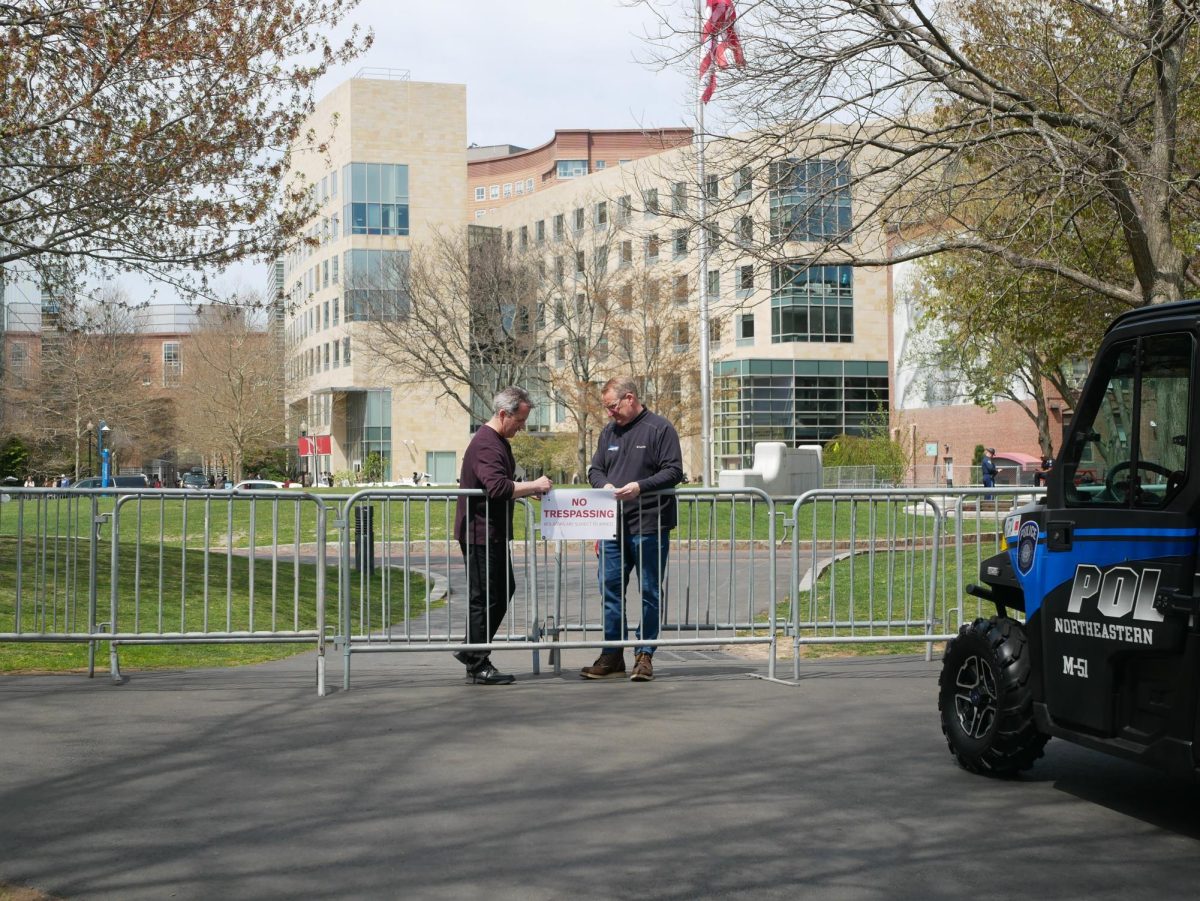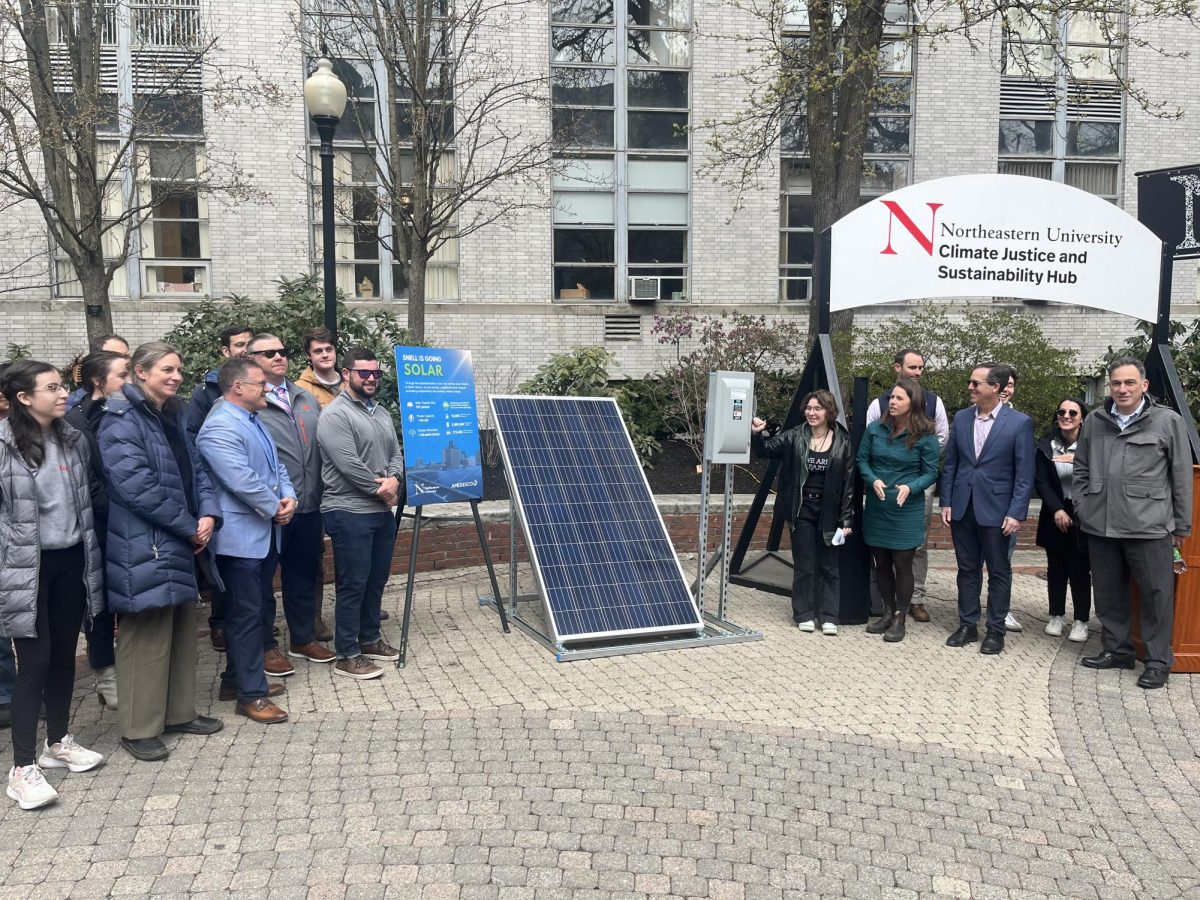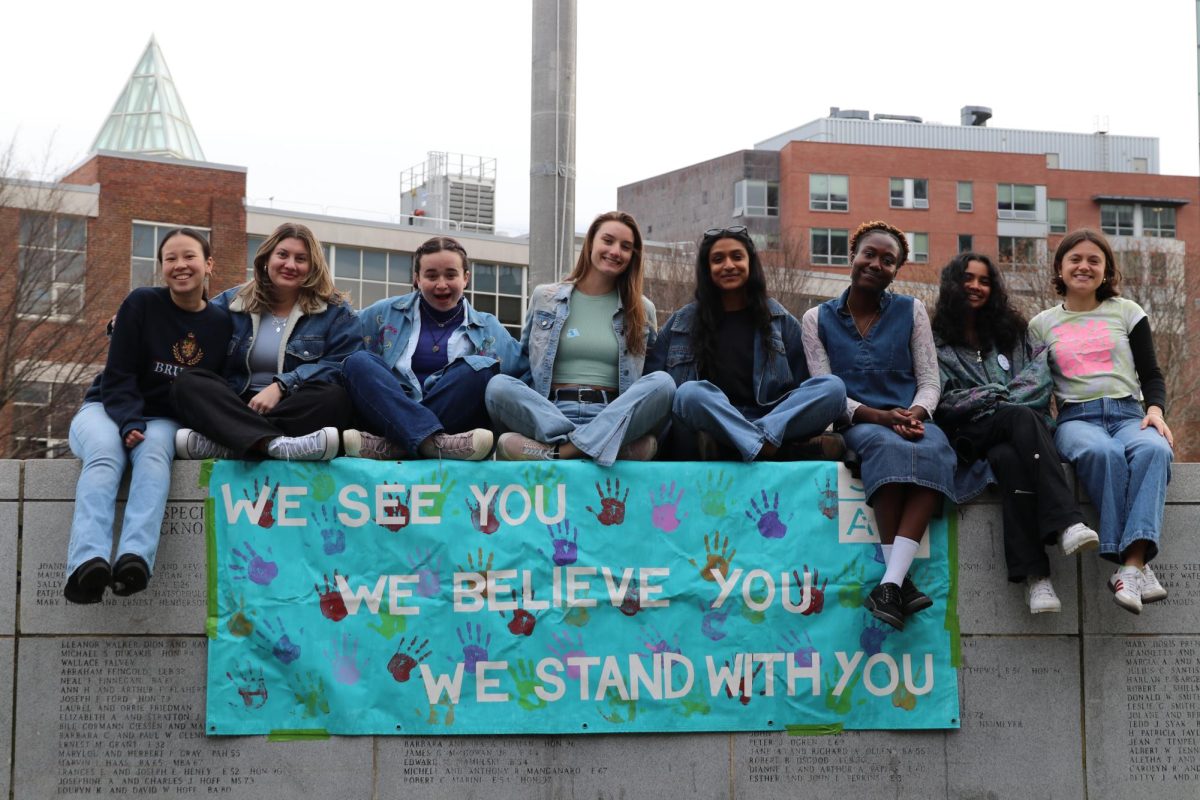By Zack Sampson, News Staff
Northeastern students will directly vote for their Student Government Association (SGA) executive vice president starting in the 2012 election after senators voted Monday to amend their election system.
SGA previously elected its executive vice president (EVP) internally, but representatives voted 23-7 with 16 abstentions in favor of giving the general student body control over this decision. They said they aim to better represent students and increase voter turnout with the new policy.
“I want to get increased voter participation, not only to increase voter turnout, but to do our job, to hear the voice of the students,” Senator Nick Naraghi said. Naraghi introduced the direct election legislation Monday.
Naraghi’s proposal was SGA’s sixth attempt in the last two years to allow students to vote for the EVP. Most recently, a referendum about the question last March was deemed out of order, though students voted in favor of direct elections, SGA’s Elections Chair Taylor Cotter said.
Cotter, who was the association’s executive director of communications last year, said senators could not implement the legislation once it was deemed out of order.
Though Naraghi said he could not disclose detailed information about the referendum, he acknowledged that any results were essentially not admissible.
“The votes that were physically cast by the students were not technically cast in order,” he said.
But Naraghi, who represents the College of Computer and Information Science, said he was primarily motivated to propose the rule change after SGA learned of new information from the failed referendum.
“This is something that the student body wanted and I’m glad that it finally passed,” he said.
The amendment received just three more votes than the two-thirds majority of 20 it needed to pass.
Some representatives who opposed the amendment said they did so because of uncertainty about how future EVP candidates would run. Multiple senators raised concerns during open debate about whether or not candidates would run individually or on a ticket with candidates for president, the other directly elected SGA position.
At one point during debate, a change to the proposal deemed friendly would have explicitly forced candidates to run separately, but it was later stricken down.
Anthony Golia, SGA’s comptroller, said he supports direct elections but voted against the legislation because of uncertainty about the procedure. He said the EVP has many general duties in terms of outreach and connecting students with the association but also has the important role of presiding over senate meetings. The EVP’s significant role in internal operations leaves too much room for bias in a joint campaign, he said.
“The success of a president lies in its ability to get things done. If the executive vice president is the presiding officer and we allow them to run together, he has something to get in allowing the president to succeed,” Golia said.
A ticket system would also essentially depend on the association producing at least two people to run for EVP each year, Golia said. He said this is a significant flaw in such a procedure because there is no guarantee two candidates would emerge each year.
“If two people want president and only one person wants executive vice president, there’s either going to be one person running unopposed or there’s going to be one highly qualified ticket and the other candidate has to pick an unqualified candidate for EVP,” Golia said.
Brian D’Amico, SGA’s assistant vice president for student involvement voted against the proposal because he did not think senators thoroughly debated the issue of how candidates would run.
“I support the idea — back when it was on the referendum last election I did vote on it, but I felt like the debate the other night on it wasn’t detailed enough,” he said.
D’Amico said he thinks a ticket system will not work and said he believes senators would have debated about the exact procedure more had it come up earlier in the meeting. But it was the last piece presented in new business at approximately 1 a.m.
“I think that’s a big issue that had it been earlier in the night we would’ve debated more,” he said. “I think we were all trying to get out of there.”
As it passed, the proposal leaves the decision concerning how candidates will run up to the association’s Elections Committee. After the committee decides on a procedure, its chair, Cotter, will present it as part of the entire elections manual at the next full-body senate meeting Dec. 5.
Naraghi said he is confident the Elections Committee will make the best decision for the organization after it looks at precedent, history and the current voting set-up as a whole.
Once the direct election process is actually implemented next fall, SGA executives said they hope it will increase student satisfaction and voter turnout in elections.
The amendment may increase student participation in SGA by providing “more of a direct connection and more of a reason to care,” current EVP, Will Pett, said. “It will give the EVP more of a standing with the students to say, ‘I was elected by all of you, not more of a select group.’”










